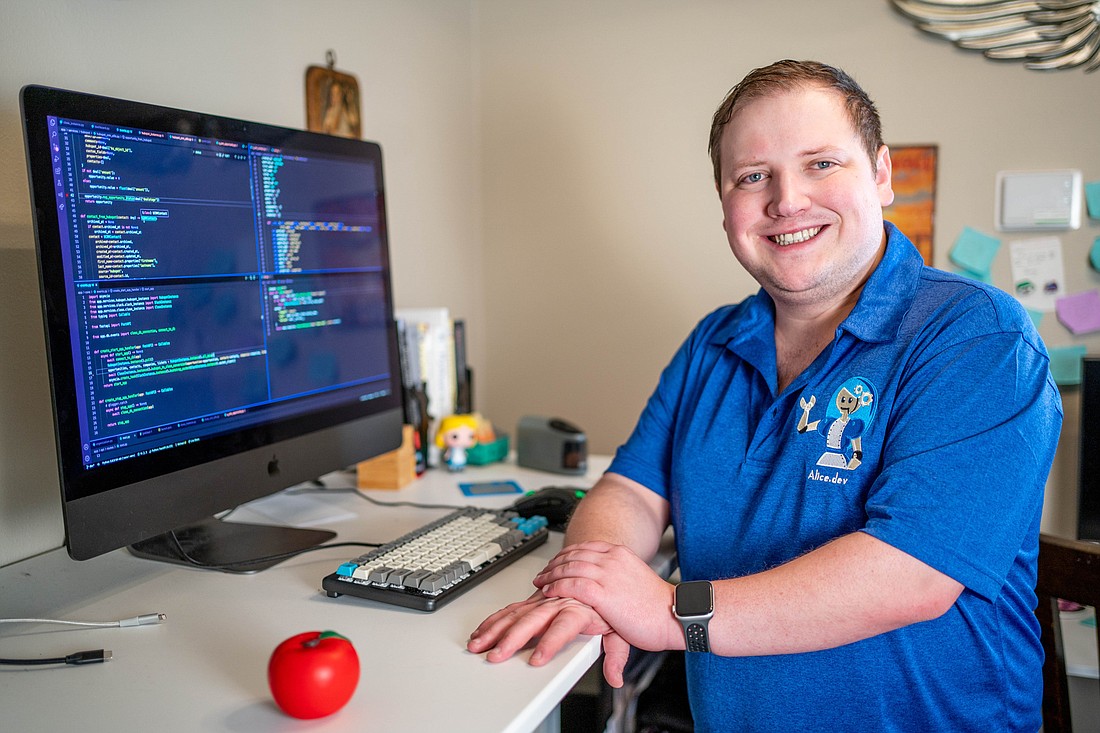- December 13, 2025
-
-
Loading

Loading

Michael Dominick, founder and CEO of The Mad Botter, a Plant City technology startup, had high hopes for 2020. In 2018, the company — which specializes in adapting run-of-the-mill consumer electronics, such as iPads and Microsoft Surface tablets, for use in advanced aerospace and military applications — topped $500,000 in revenue. Crossing the $1 million threshold seemed well within reach. Dominick, 33, also sought to grow his staff from five to seven full-time employees.
Then the pandemic put an abrupt halt to in-person trade shows, which The Mad Botter relies on to demonstrate its engineering wizardry. That's because its products and services — for example, an iPhone 6 that Dominick and his team turned into a radar system for a decommissioned fighter jet — don’t easily translate into succinct, snappy Instagram posts or Google ads.